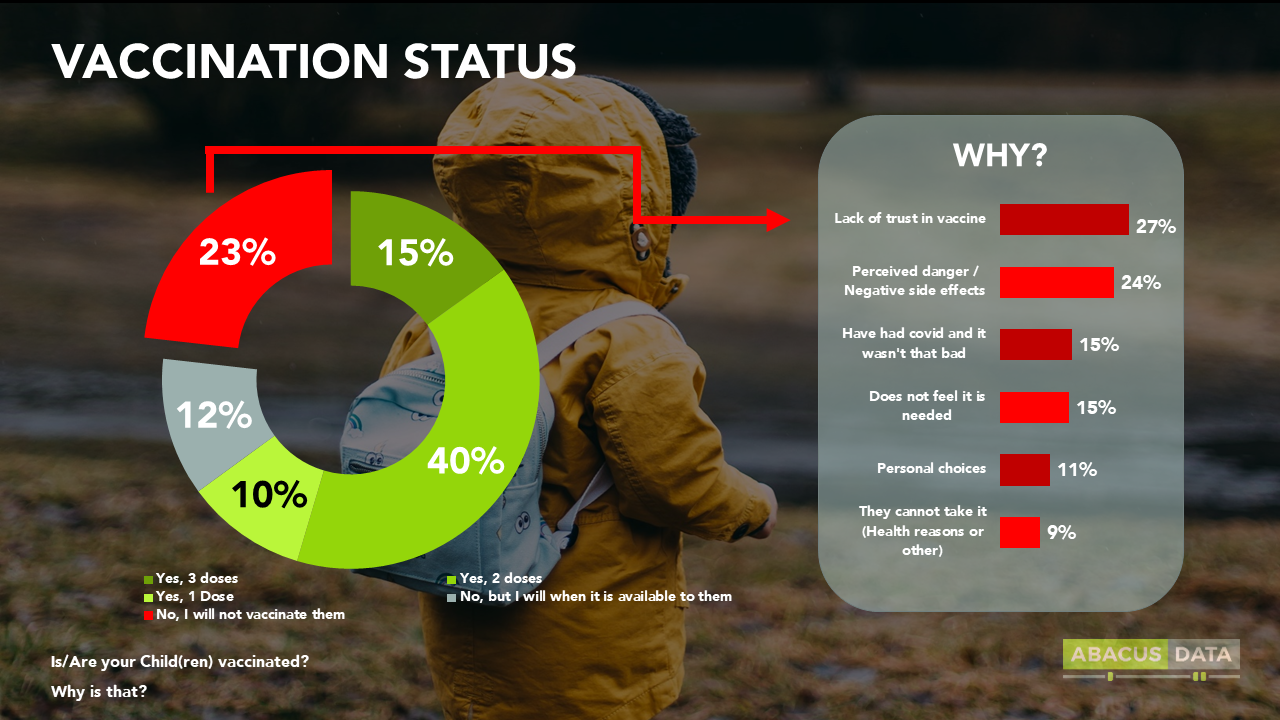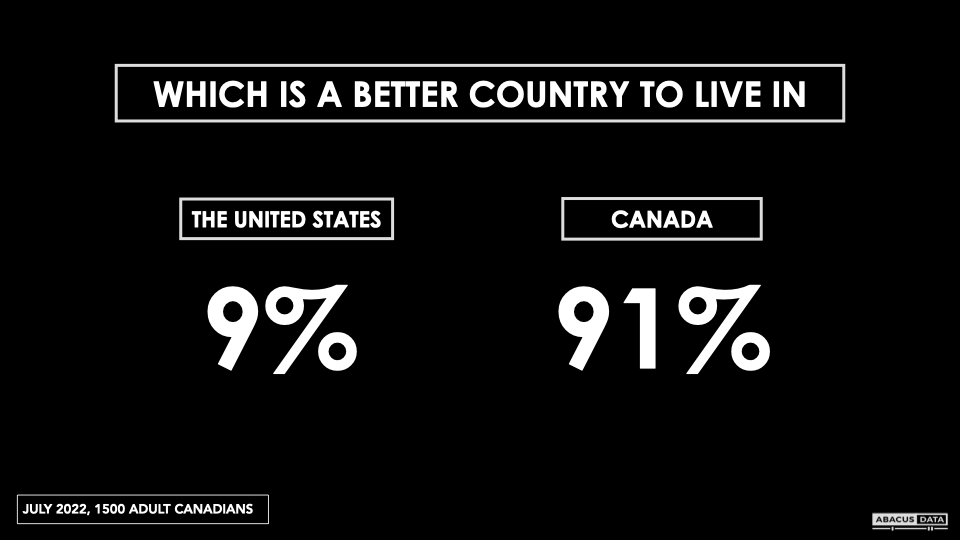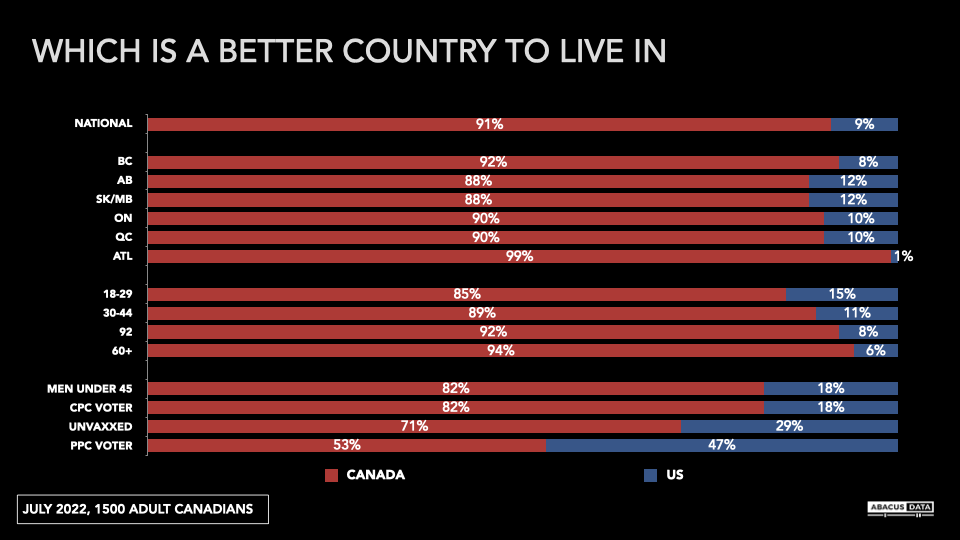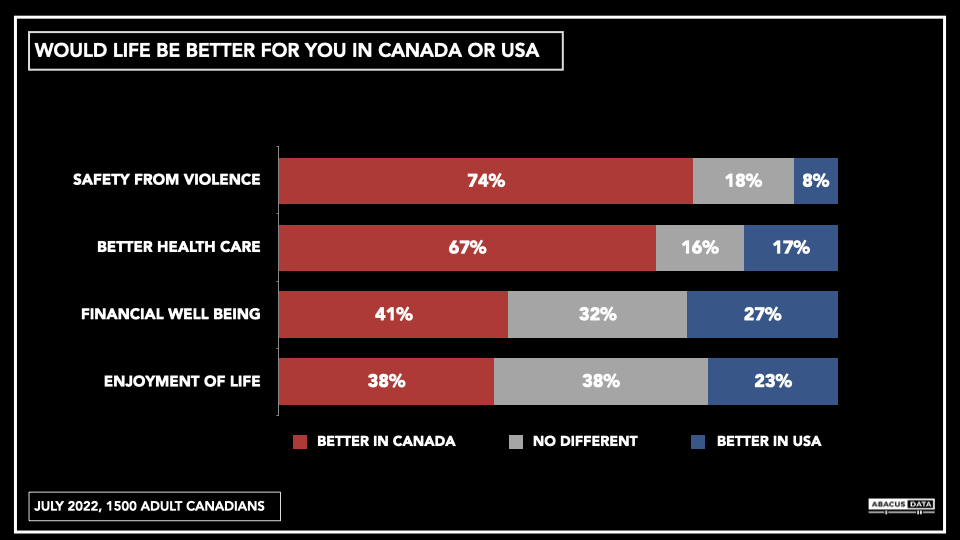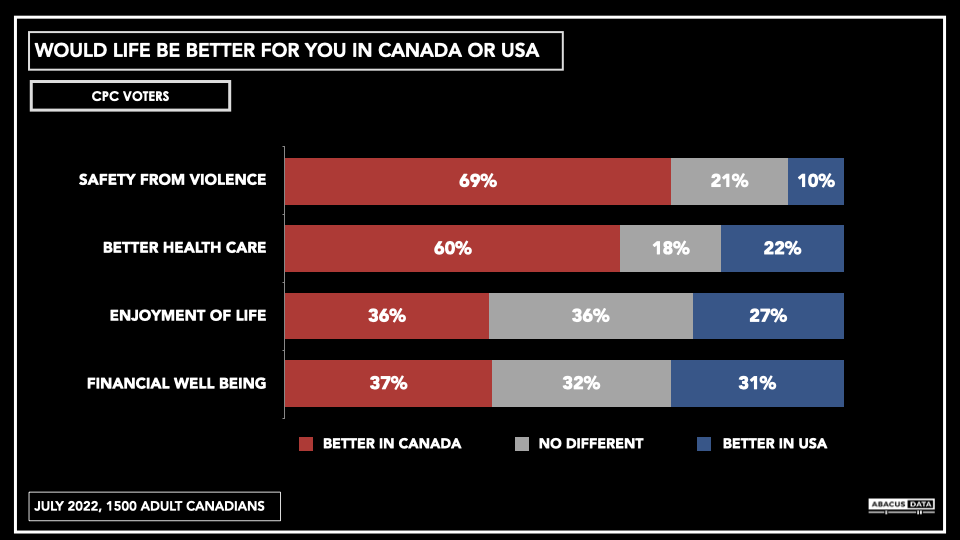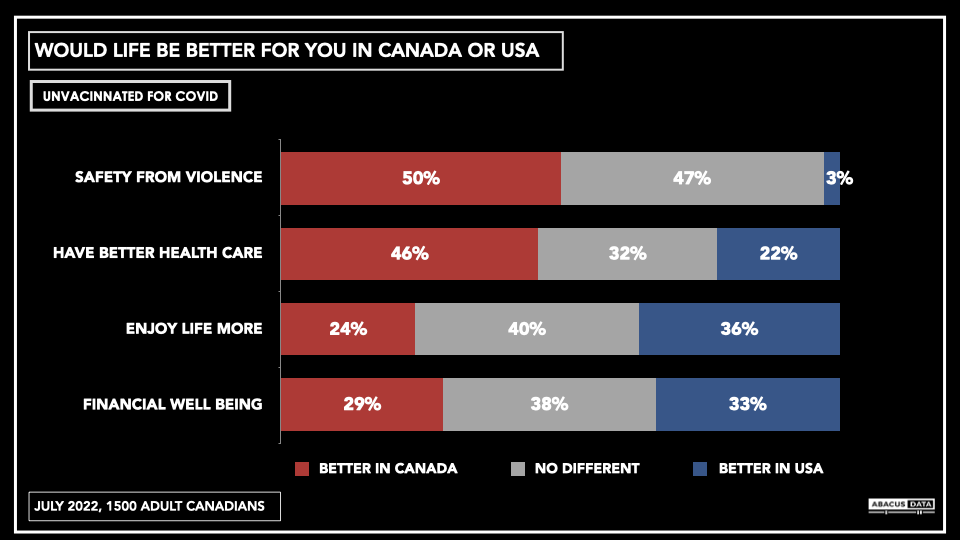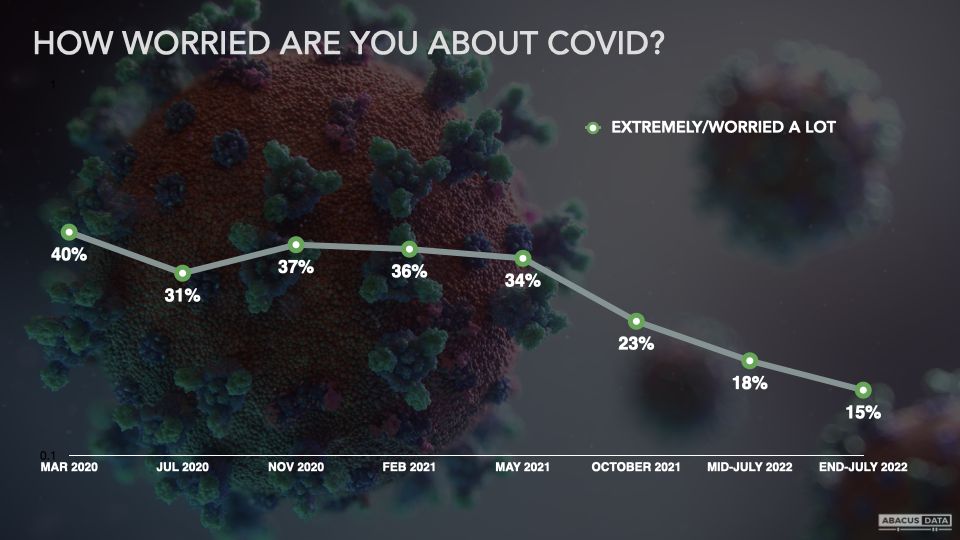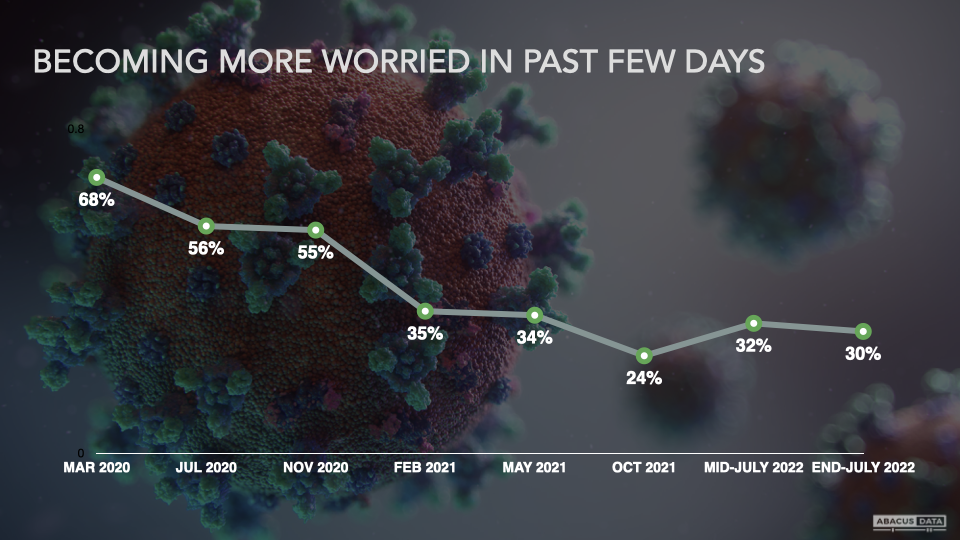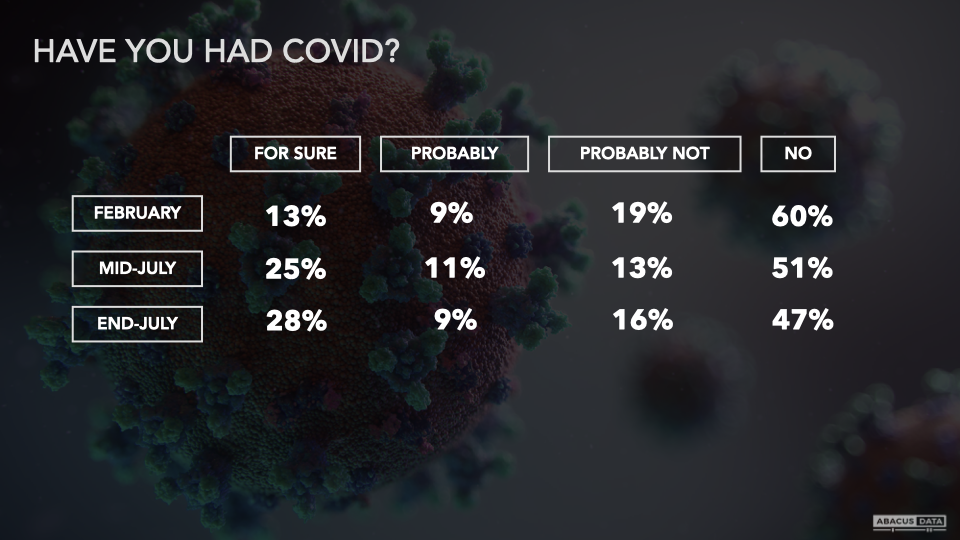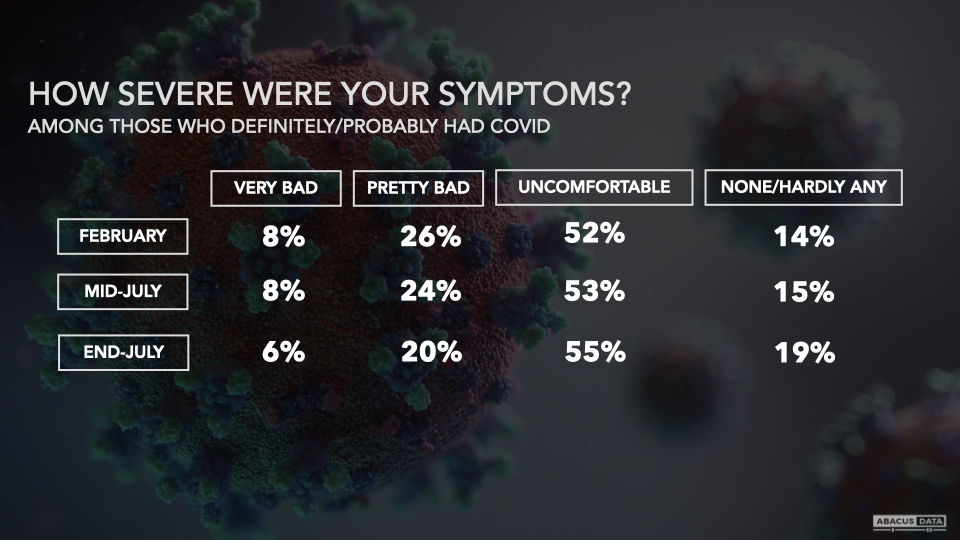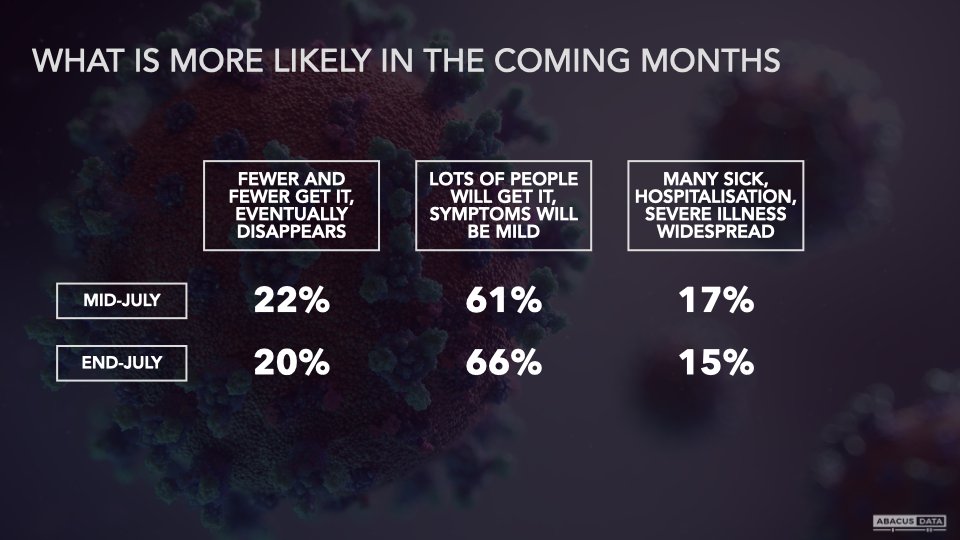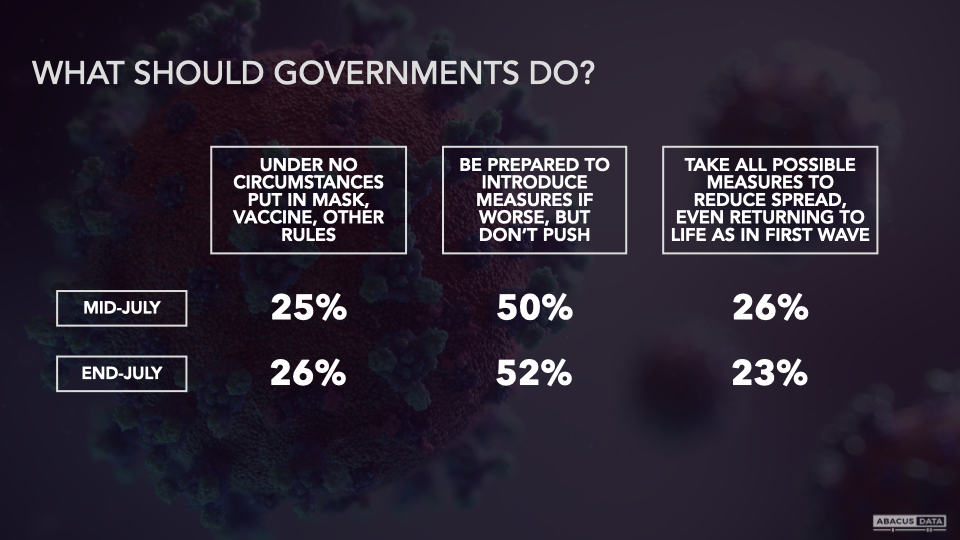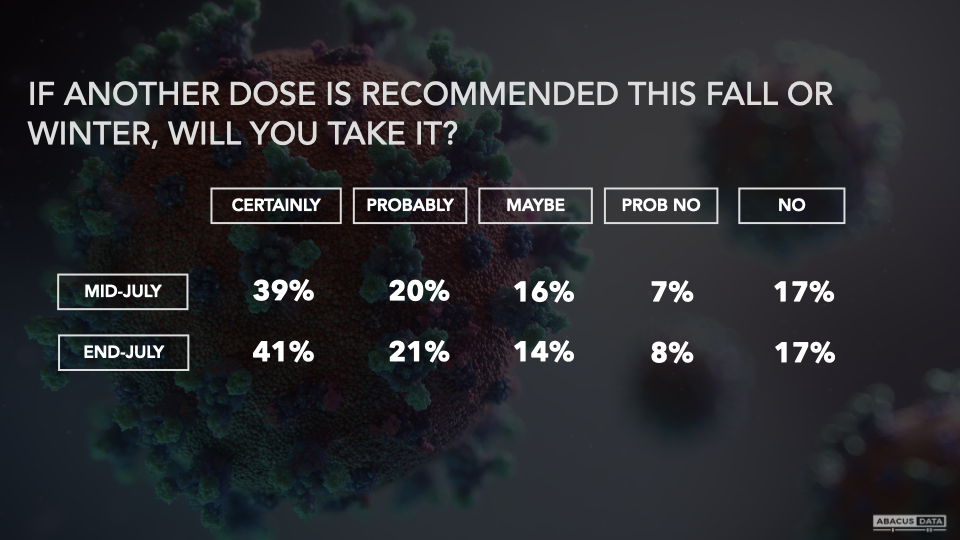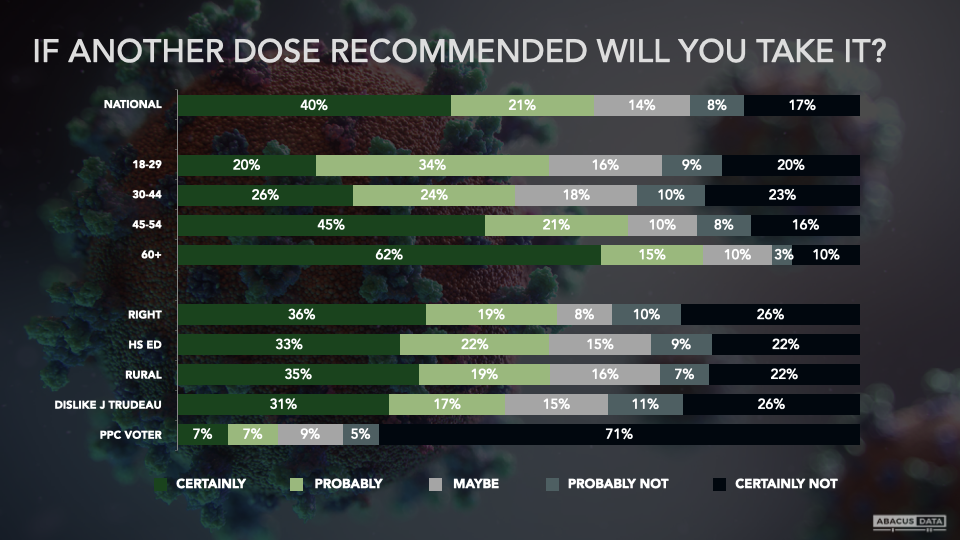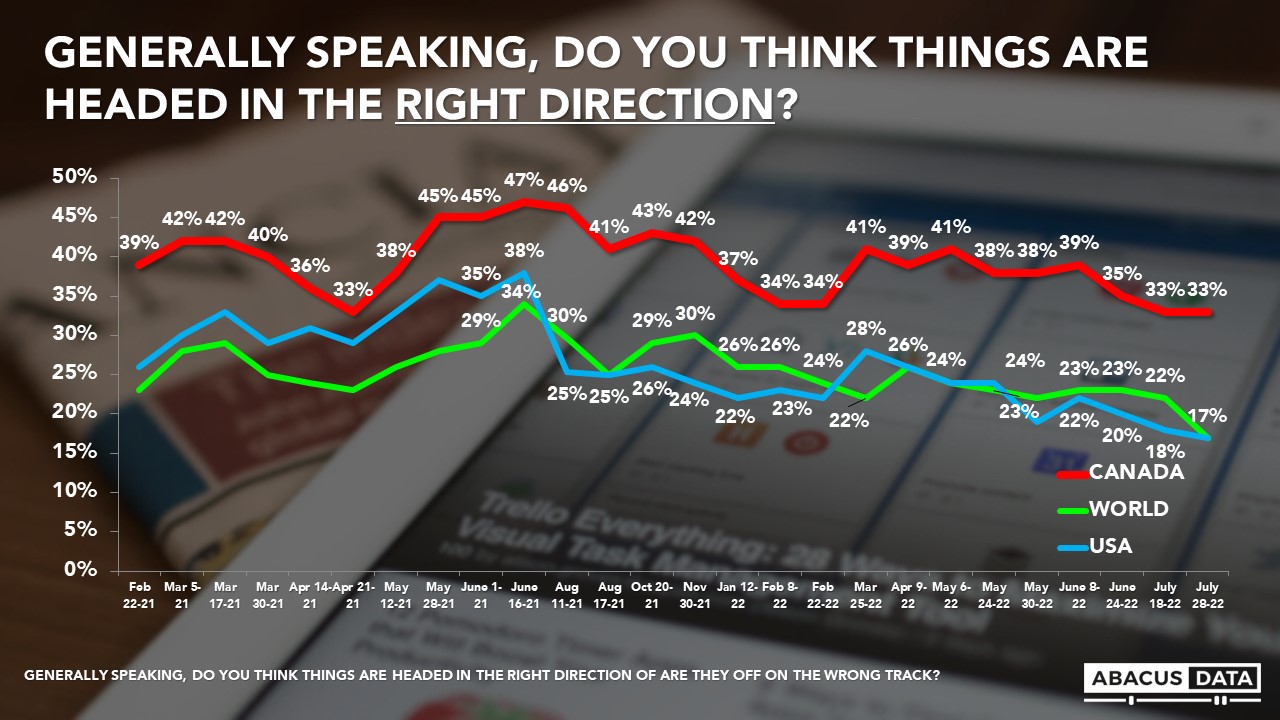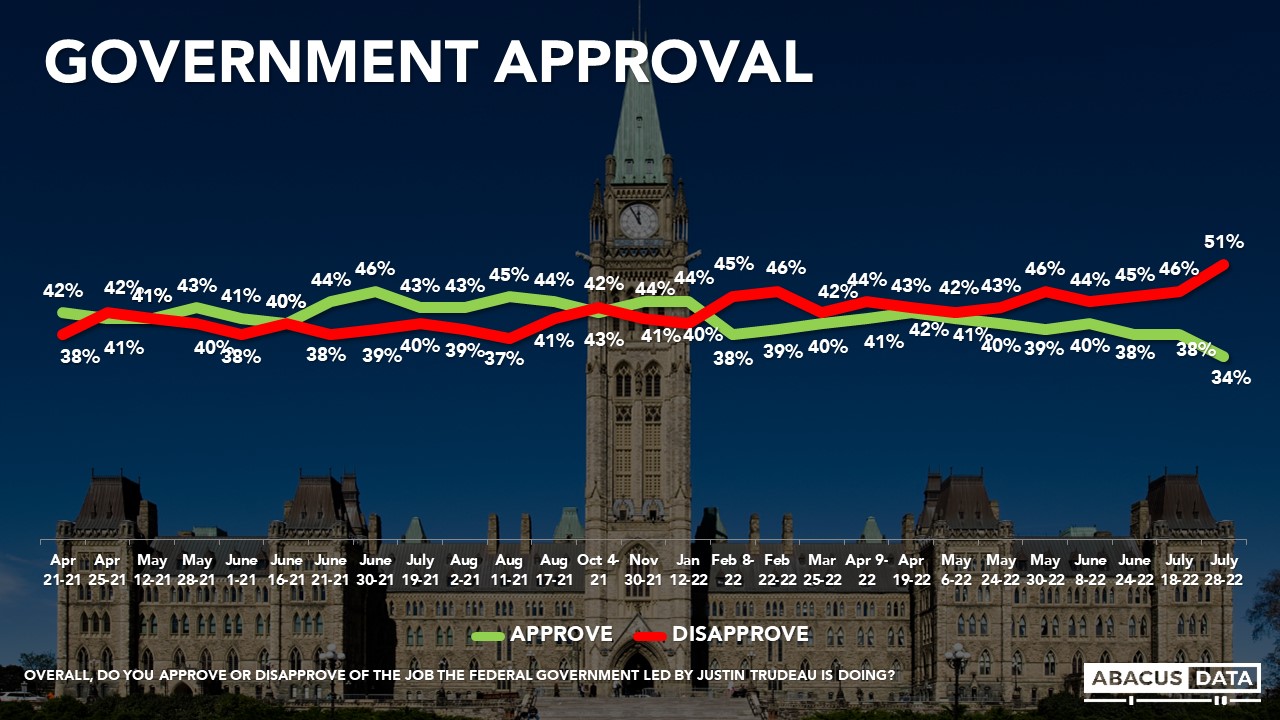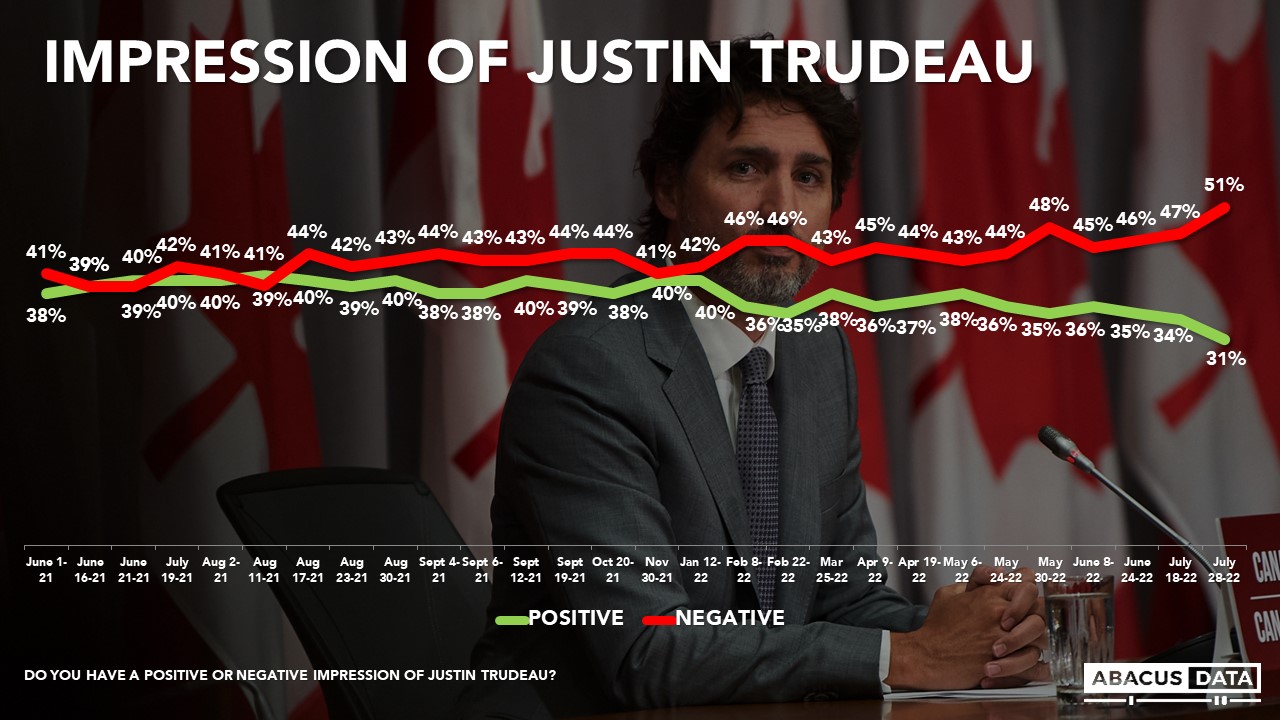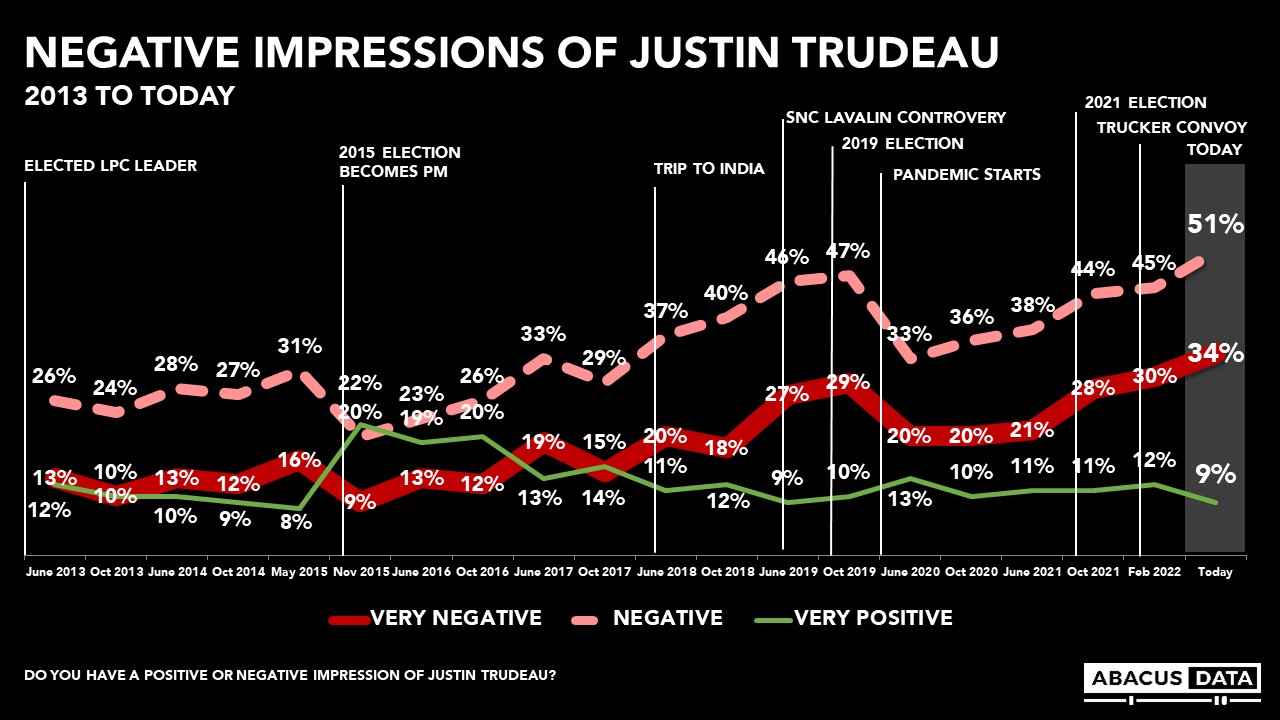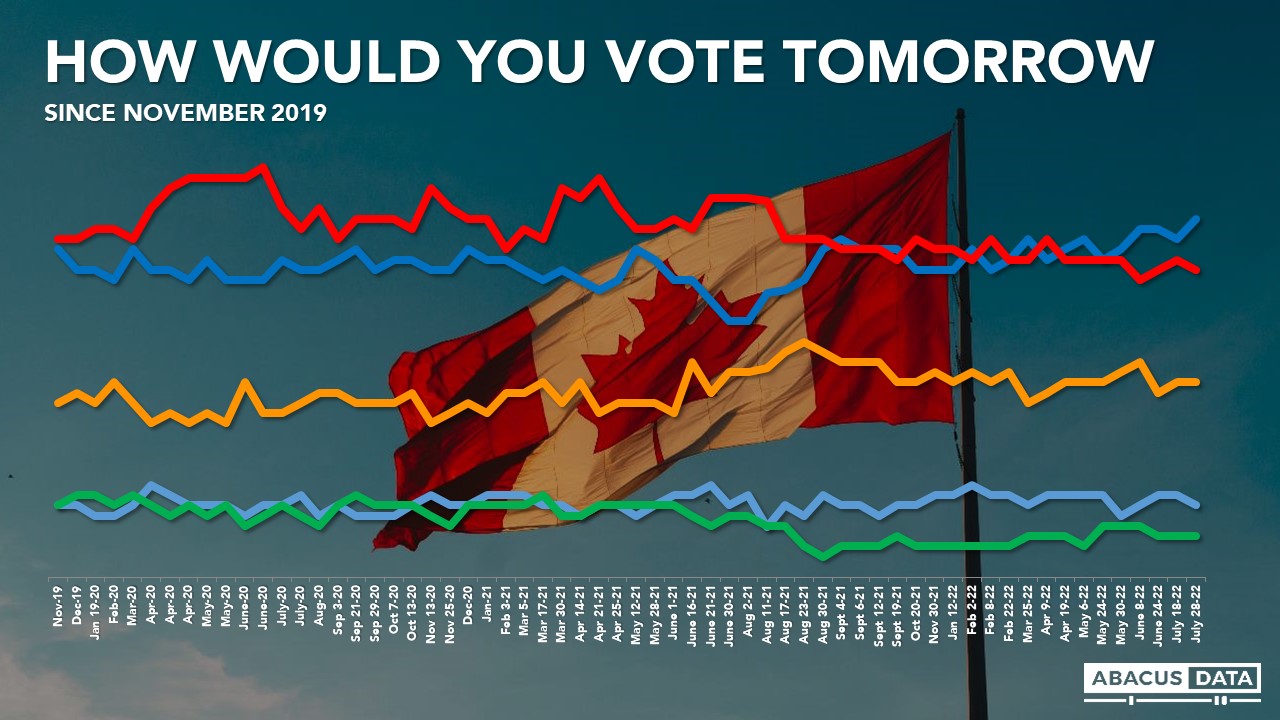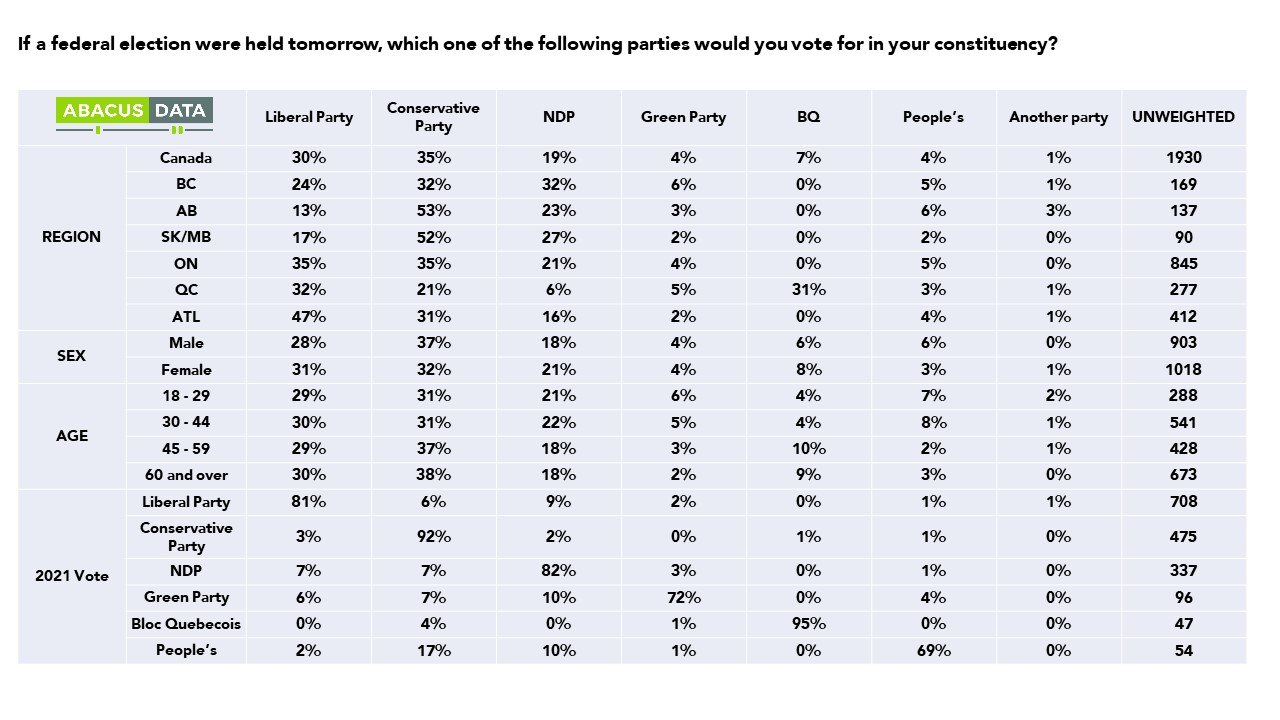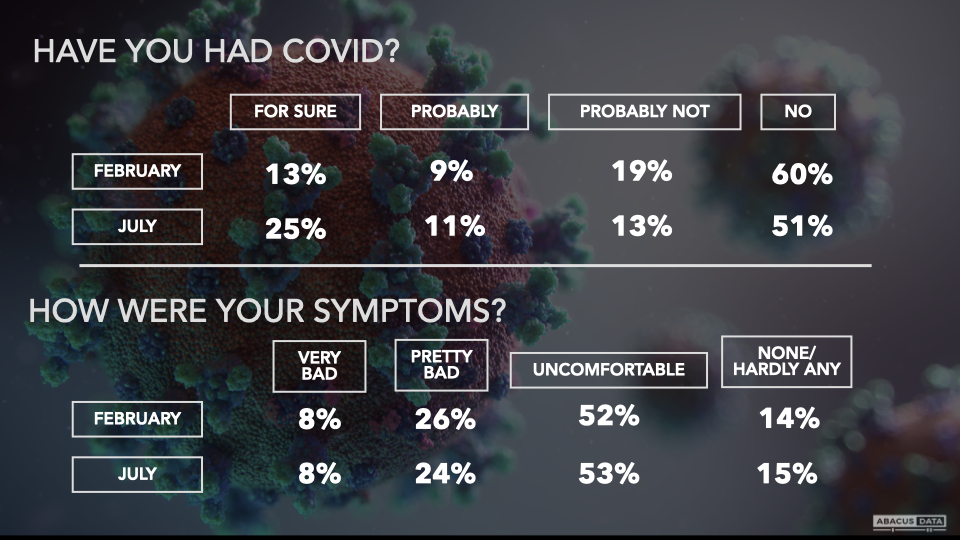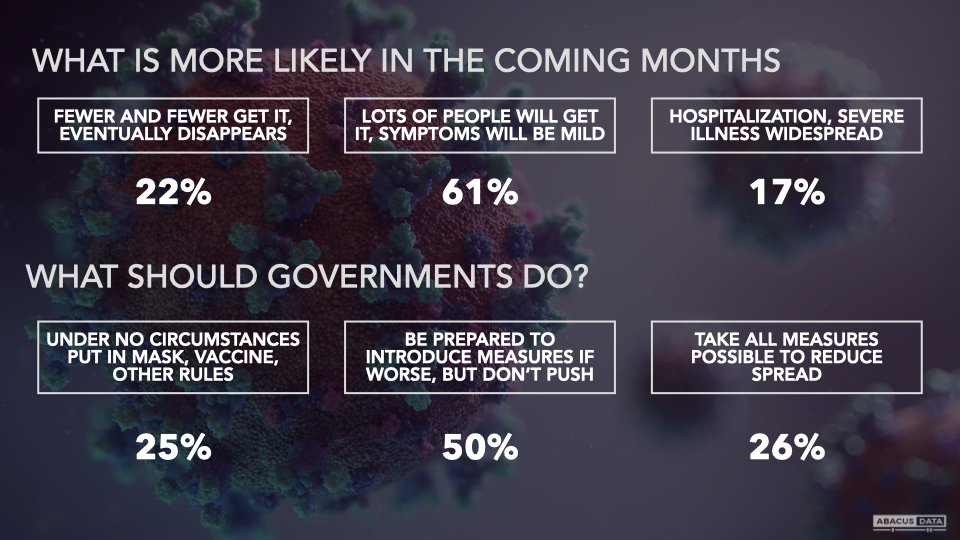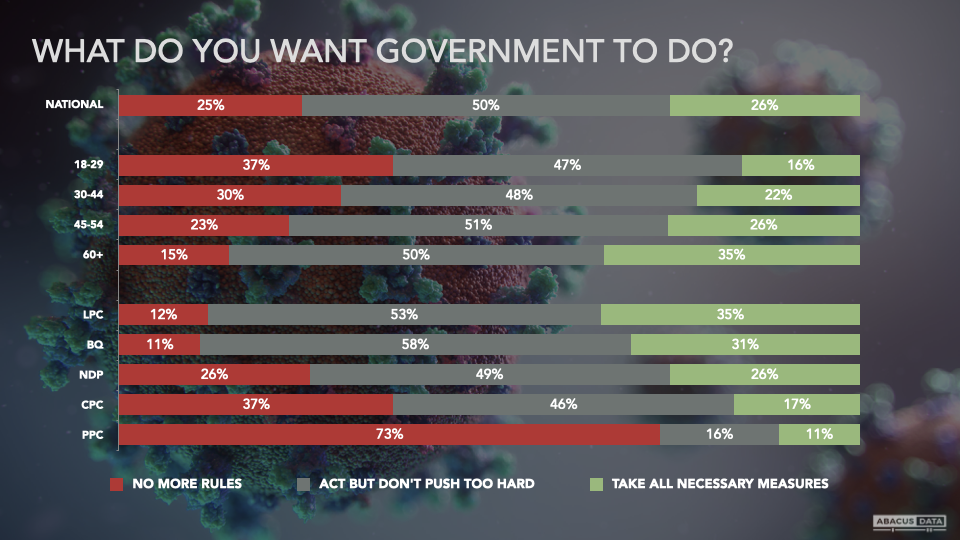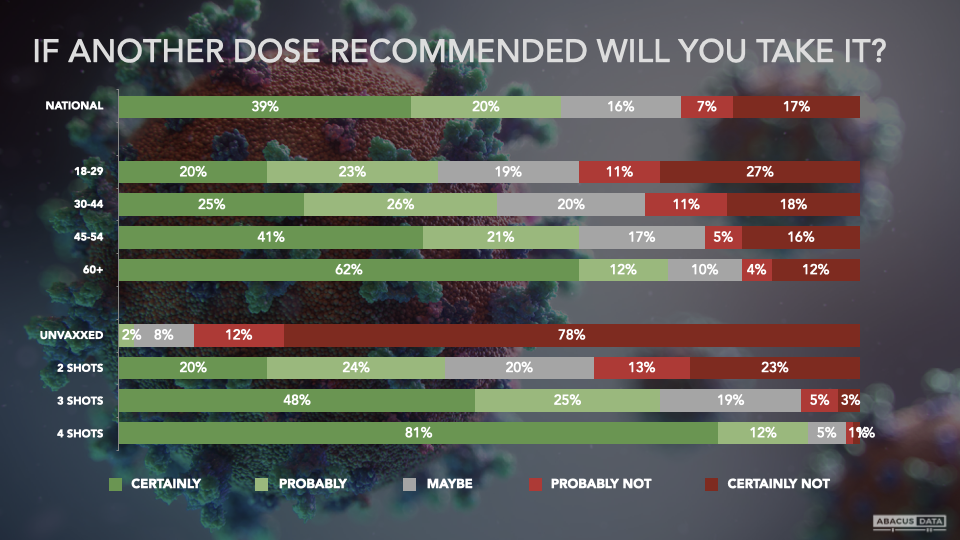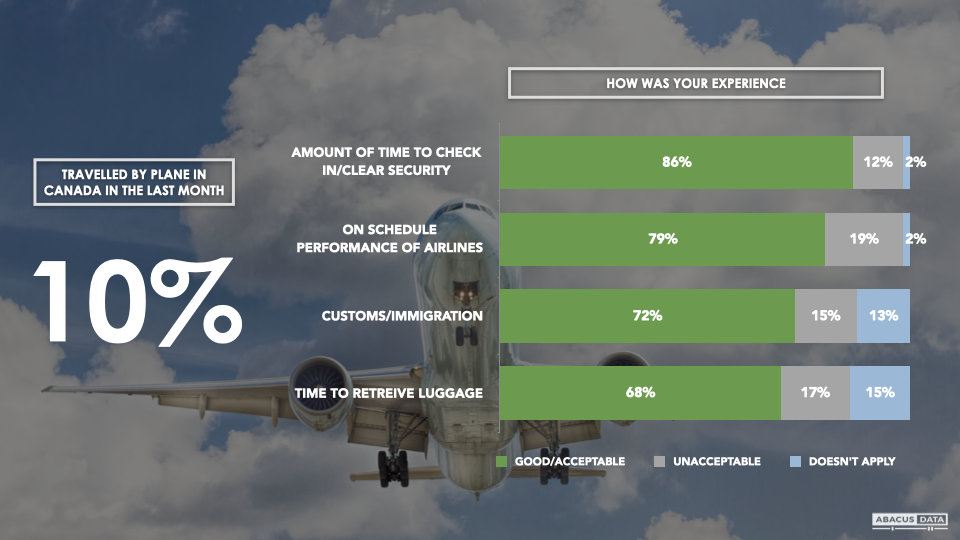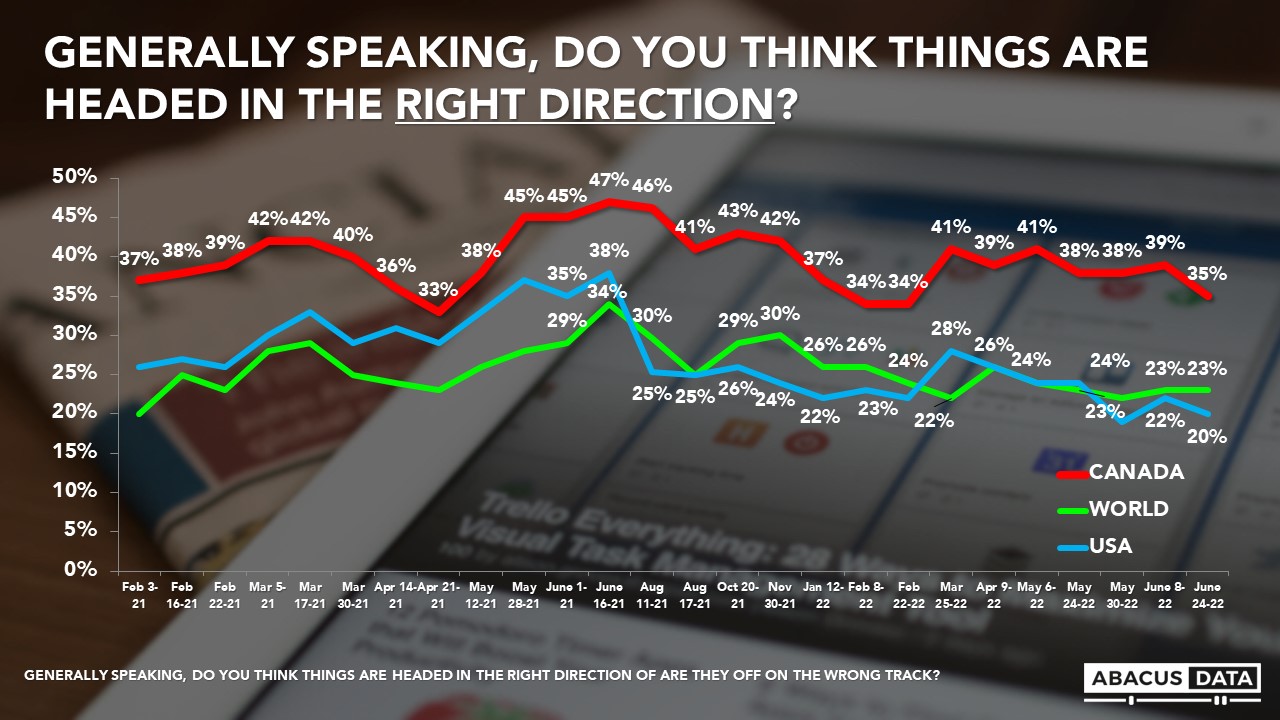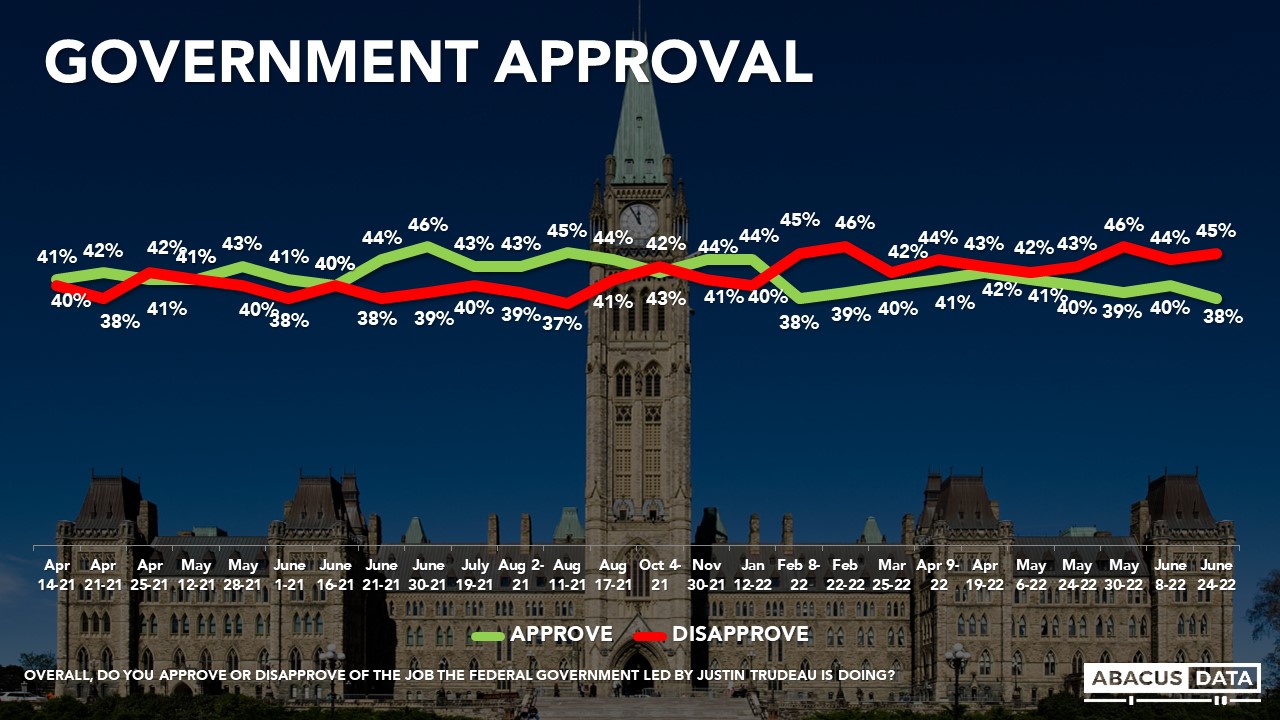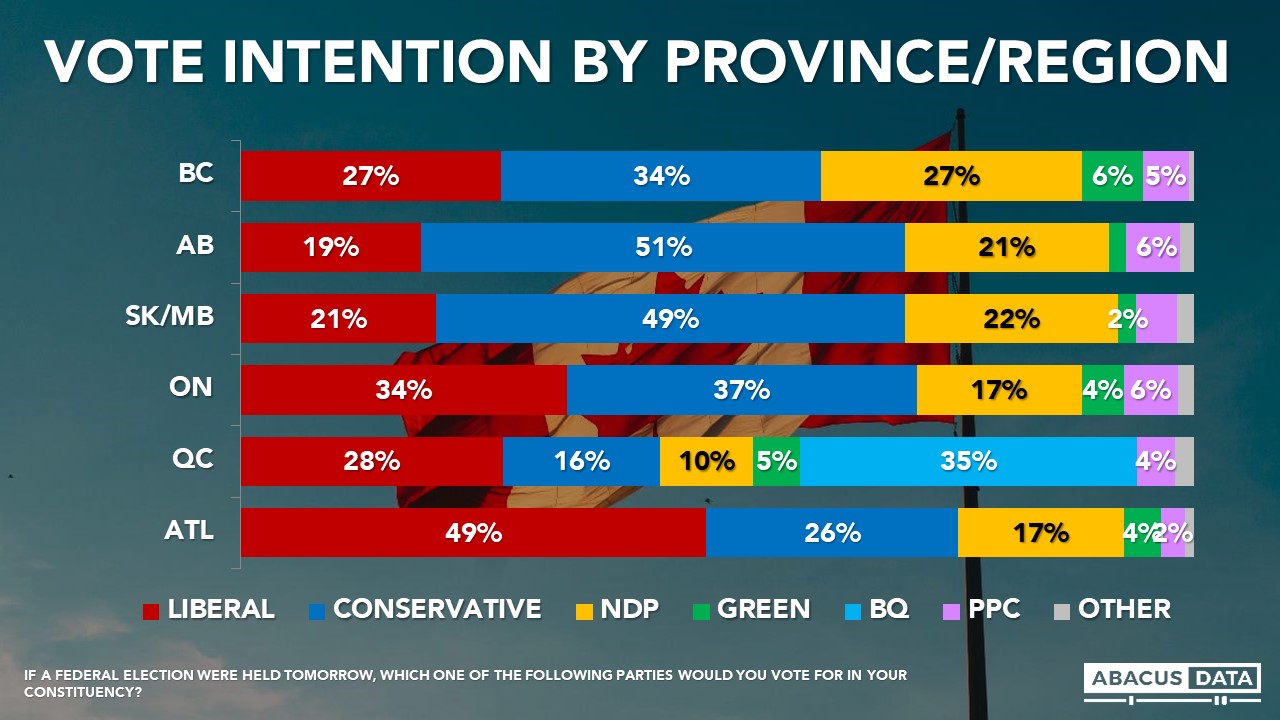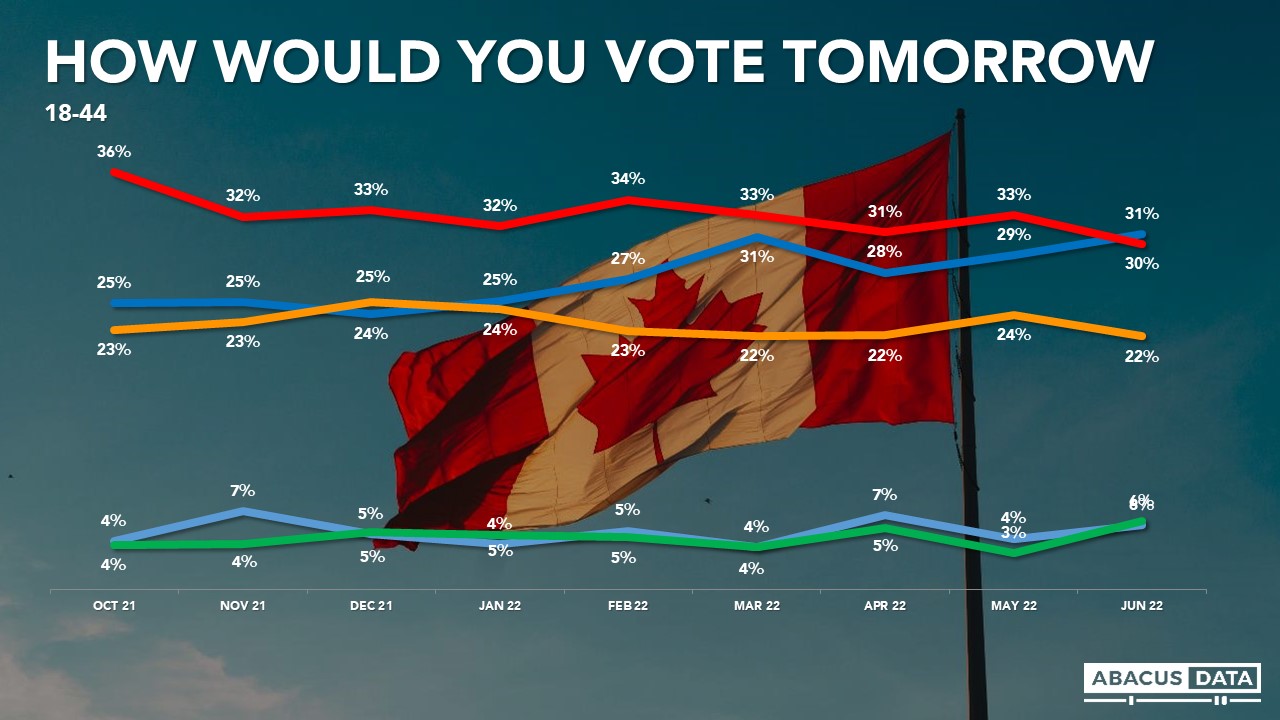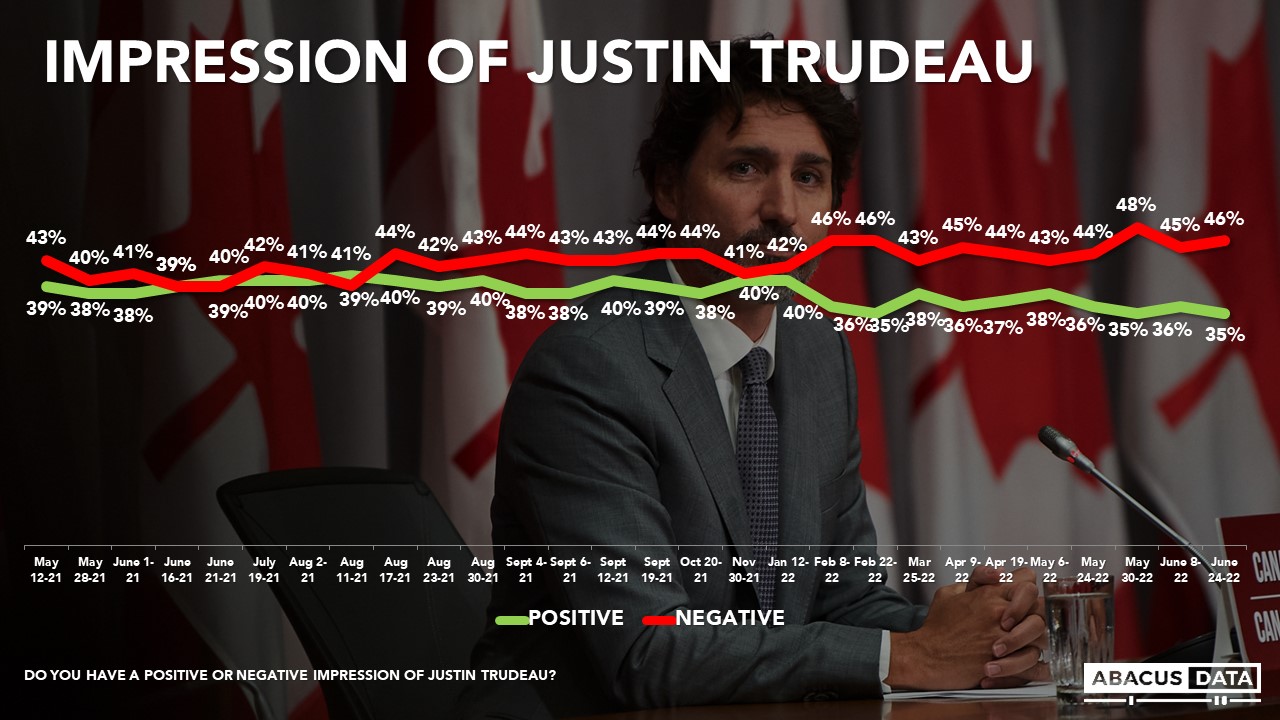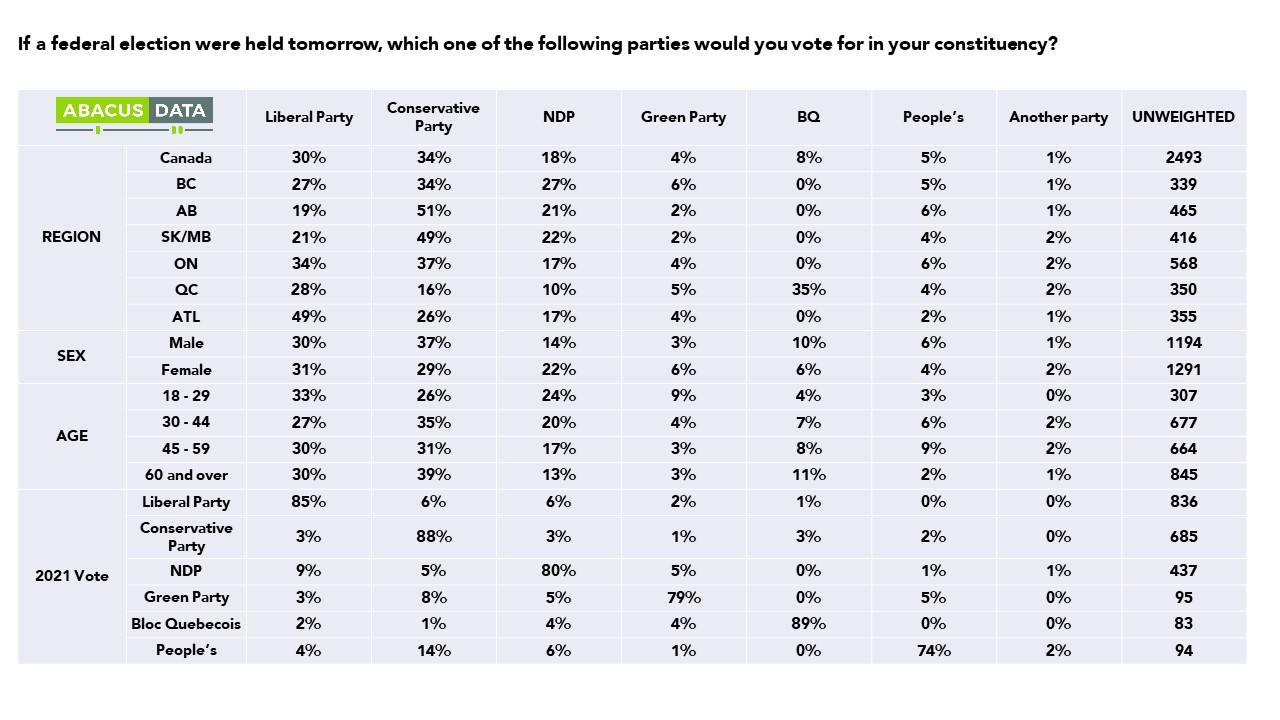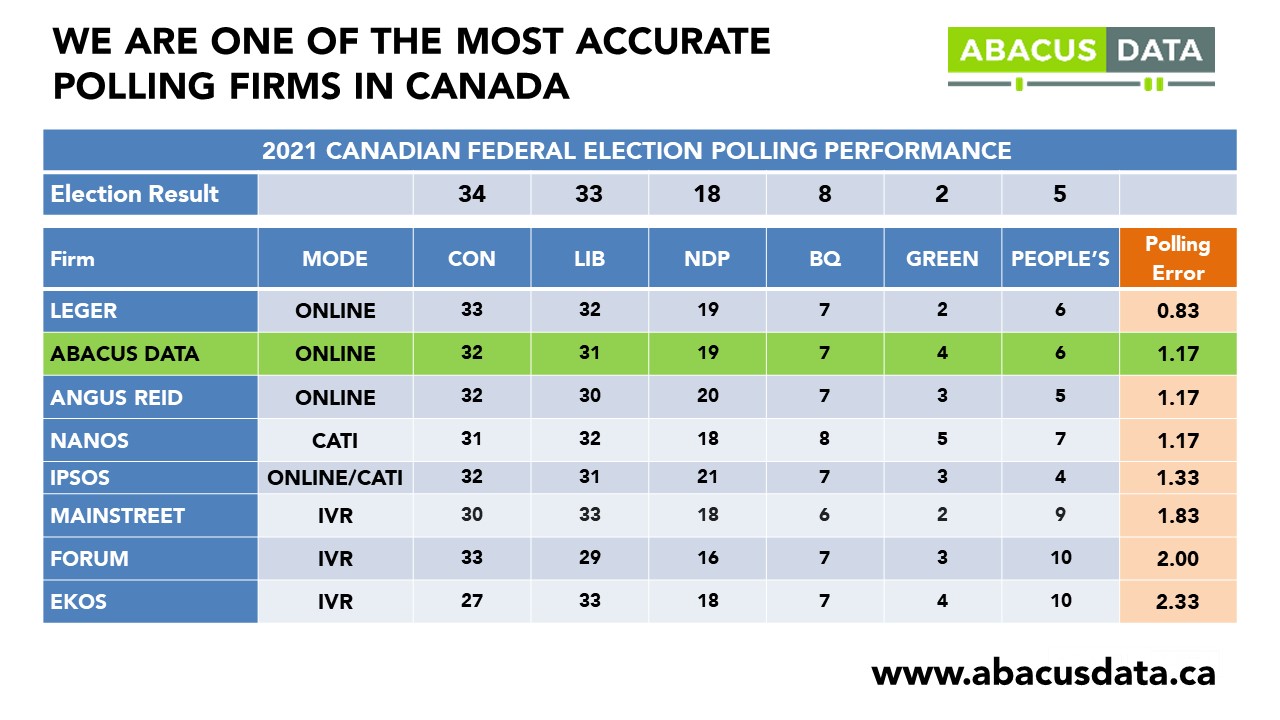Back to School 2022: Are Canadians Concerned?
Children across Canada are gearing up to enter what will be their third school year with the pandemic. With most COVID-19 restrictions having been lifted, we wanted to understand how parents were feeling about sending their children to school in person this fall. We just fielded a national survey of adult Canadians in which we asked a group of over 300 parents of school-aged children what they thought.
Right out the gate, it is evident that the vast majority of parents will be sending their children to school in person this fall. With that said, only about 25% of those attending in person will be required to wear a mask throughout the school day. However, with experts warning of a potential wave of infections this fall, is this really the best choice moving forward?
Well, parents do not seem to be overly concerned about it. In fact, levels of concern seem to vary greatly. While just over half reported their concerns at or below a 5, a similar proportion of parents reported their concerns to be above that level. However, numbers on the lowest end of the spectrum were selected far more than those on the highest end, suggesting that those who are unconcerned with the return to school are significantly more decided on their opinion.
Interestingly, when looking at those whose children are required to wear a mask this fall, concerns greatly increase. This could mean that the lack of restrictions is directly related to a sense of safety among parents. For example, if there is no need to wear a mask this fall, there is no need to worry about COVID-19.
With or without mandates, it is still important to be conscious of how the COVID-19 virus spreads, and how to best stay protected. With that said, we wanted to see how well parents thought their children would be able to stick to the expert recommendations. Nearly 8 in 10 feel that their child would be able to regularly sanitize and wash their hands throughout the school day. However, this raises to 9 in ten when looking at parents of children aged 15-17. Only 57% of parents feel that their children would be able to wear a mask for the entire school day, down to 53% among parents of those between the ages of 5 and 8. Social distancing will be the biggest struggle this school year, with only 46% of parents reporting that their child would be able to do this for the entire school day. While there is some movement between age groups in this category, it is evident that social distancing will be a struggle for all school-aged children.
We also wanted to know if parents felt that a COVID-19 outbreak was likely or unlikely to happen in their children’s schools this academic year, as well as the likelihood of their child getting the virus. 68% of parents of school-aged children feel that a COVID-19 outbreak at their children’s schools this year is at least likely, with 17% saying it is very likely to occur. With that said, 62% also feel that it is likely that their child will get the virus at school this year. With so many expecting to experience COVID this school year, we can only hope that they are up to date on their vaccinations.
While the vast majority of school-aged children are getting their shots for COVID-19, there is still a group of parents (23%) that say they will not vaccinate their children. Those who reported that they will not be vaccinating their children against COVID-19 feel this way due to a lack of trust in vaccines, and concerns over their safety and the side effects.
It is evident that vaccination rates among school-aged children correlate to their ages. While only 33% of those under 2 have received at least one dose, this number jumps to 83% when looking at those aged 15 to 17. This is most likely due to the health risks and side effects often associated with vaccines, as those with younger, more vulnerable, children may not feel as comfortable with the vaccine as those with older children.
UPSHOT
 Many things have changed since the onset of the pandemic, yet so much still feels the same. With millions of school-aged children heading to school with the expectation of contracting COVID-19 this year, I wonder if experts made the right call when they relaxed safety measures and restrictions. I guess only time will tell.
Many things have changed since the onset of the pandemic, yet so much still feels the same. With millions of school-aged children heading to school with the expectation of contracting COVID-19 this year, I wonder if experts made the right call when they relaxed safety measures and restrictions. I guess only time will tell.
METHODOLOGY
The survey was conducted with 365 Canadian parents of school-aged children from August 16th to 20th, 2022. A random sample of panelists were invited to complete the survey from a set of partner panels based on the Lucid exchange platform. These partners are typically double opt-in survey panels, blended to manage out potential skews in the data from a single source.
The margin of error for a comparable probability-based random sample of the same size is +/- 5.13%, 19 times out of 20.
The data were weighted according to census data to ensure that the sample matched Canada’s population according to age, gender, educational attainment, and region. Totals may not add up to 100 due to rounding.
Abacus Data follows the CRIC Public Opinion Research Standards and Disclosure Requirements that can be found here: https://canadianresearchinsightscouncil.ca/standards/
ABOUT ABACUS DATA
We are the only research and strategy firm that helps organizations respond to the disruptive risks and opportunities in a world where demographics and technology are changing more quickly than ever.
We are an innovative, fast-growing public opinion and marketing research consultancy. We use the latest technology, sound science, and deep experience to generate top-flight research-based advice to our clients. We offer global research capacity with a strong focus on customer service, attention to detail, and exceptional value.
We were one of the most accurate pollsters conducting research during the 2021 Canadian election following up on our outstanding record in 2019.
Contact us with any questions.
Find out more about how we can help your organization by downloading our corporate profile and service offering.





